1. Ryan O’Neal
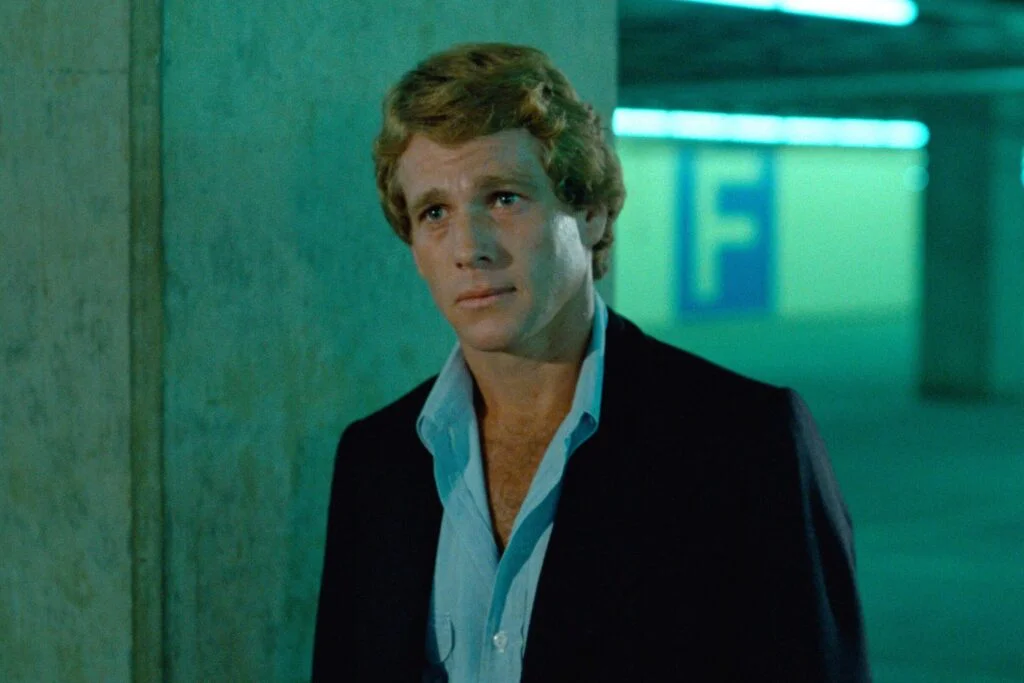
Ryan O’Neal became a major heartthrob of the ’70s with his role as Oliver Barrett IV in Love Story. His portrayal of a grieving, love-stricken man resonated with audiences worldwide, making him an icon of romance. O’Neal also starred in the quirky Paper Moon, where his chemistry with co-star Tatum O’Neal was undeniable. With these performances, O’Neal was cemented as a leading man of the decade.
However, after the ‘70s, O’Neal’s career began to struggle. Though he tried to continue with other roles, they failed to generate the same buzz. His personal life, filled with public turmoil, also seemed to overshadow his film career. By the ’90s, O’Neal was barely in the public eye, marking a mysterious decline for a star who once seemed unstoppable.
2. Pam Grier
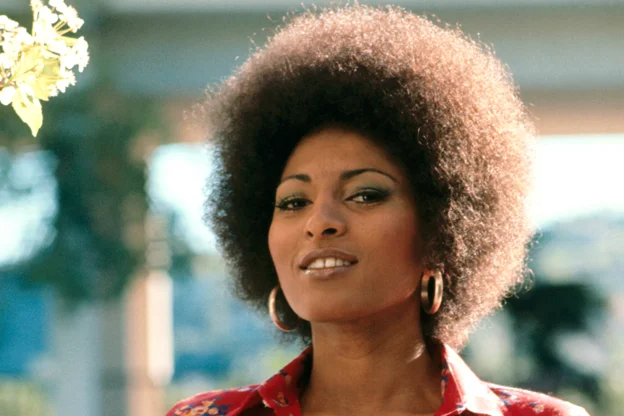
Pam Grier was one of the most powerful and trailblazing actresses of the ’70s, particularly in the blaxploitation genre. With films like Coffy and Foxy Brown, Grier showcased a strong, fierce persona that was groundbreaking for women of color in Hollywood. She quickly became a fan favorite, earning a dedicated following for her unique blend of action, charisma, and empowerment.
Unfortunately, as the ‘70s came to an end, Grier’s career stalled. The blaxploitation genre began to fade, and despite her undeniable talent, Hollywood offered fewer leading roles for her. Though she made a successful return in Quentin Tarantino’s Jackie Brown in the ’90s, her stardom never quite recaptured the intensity of her ’70s peak. Grier’s story is one of a star who left an indelible mark but faded from the mainstream.
3. Burt Reynolds
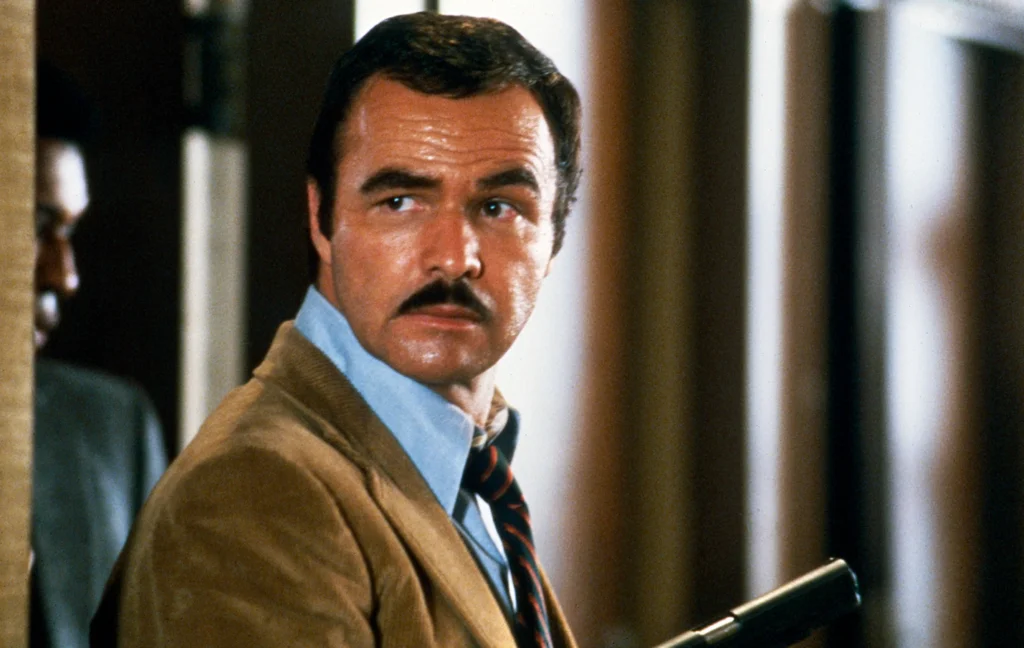
Burt Reynolds was the epitome of ‘70s masculinity, known for his rugged good looks and charisma. He starred in iconic films like Smokey and the Bandit and Deliverance, which made him a household name. Reynolds became one of the highest-paid actors of the decade and was adored by audiences for his action-packed roles. He was seen as the quintessential leading man, embodying both charm and toughness.
By the ‘80s, however, Reynolds began to lose some of his star power. Despite his efforts to transition to more dramatic roles, his films lacked the same commercial success. While he enjoyed a brief resurgence in the ’90s with Boogie Nights, Reynolds never returned to the heights of his ’70s fame. His career trajectory remains one of the most perplexing shifts in Hollywood history.
4. Teri Garr
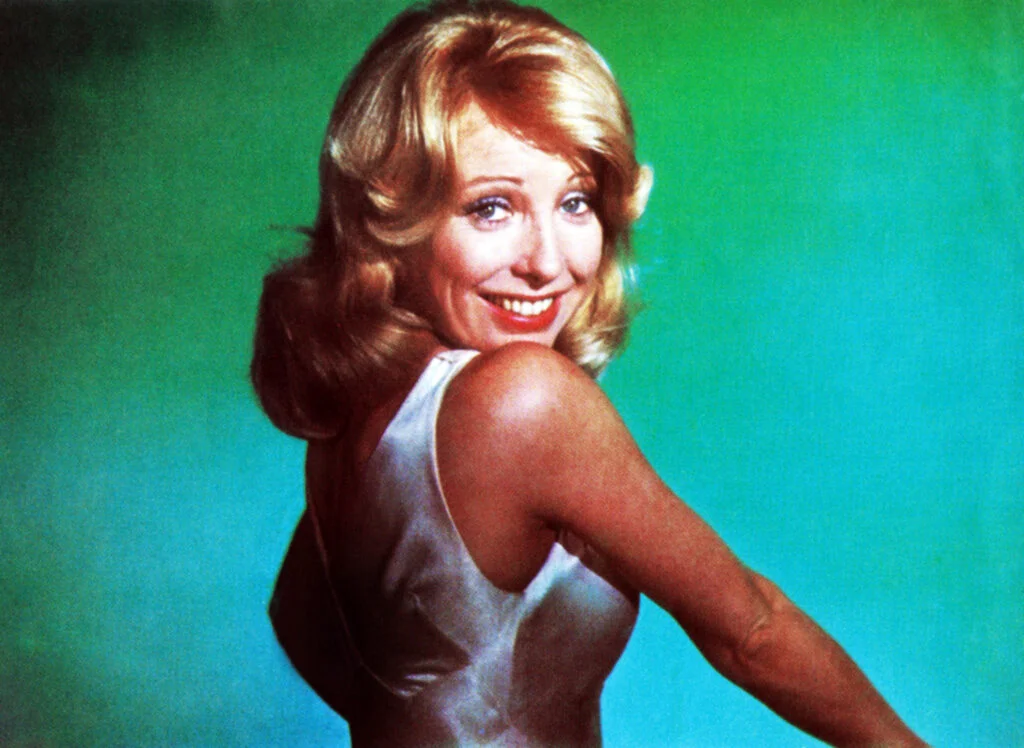
Teri Garr was a standout star in the ’70s, known for her comic timing and versatility. She earned widespread recognition for her role in Young Frankenstein, where she played the charming, quirky character, Inga. Garr’s ability to seamlessly blend humor with vulnerability made her one of the most beloved actresses of the decade. Her versatility was showcased in Tootsie, where she again delivered a memorable, heartfelt performance.
Despite her early success, Garr’s career slowed down after the ’70s. While she worked steadily in the ’80s and ’90s, her roles became smaller and less prominent. Her health challenges, including a diagnosis of multiple sclerosis, also kept her away from the public eye. Although she never disappeared entirely, Garr’s career trajectory left many fans wondering why she didn’t achieve greater success in later years.
5. Sally Field
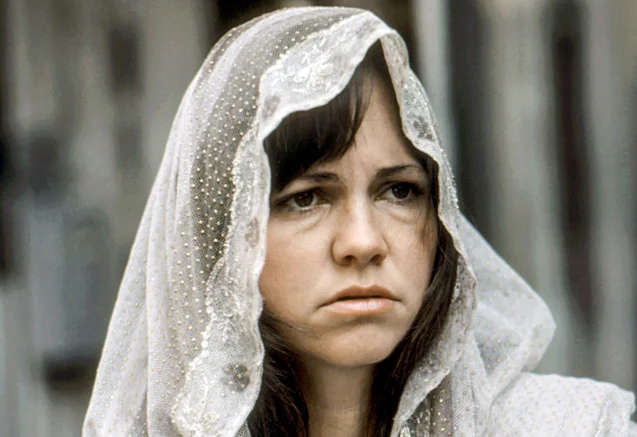
Sally Field was one of the most celebrated actresses of the ’70s, gaining fame with her roles in Norma Rae and Smokey and the Bandit. Her performance in Norma Rae earned her an Academy Award, and she quickly became a household name. Field’s likable, relatable persona made her a favorite in both comedy and drama. She skillfully navigated her career from TV to film, a rarity for actresses at the time.
However, as the ‘70s ended, Field began to step back from the public eye. Her roles became less frequent in the ’80s, and she began taking on fewer leading parts. Despite occasional successes, including Forrest Gump, Field seemed to move away from the Hollywood spotlight in her later years. Her choices to take fewer roles made her disappearance from the major scene more notable.
6. Steve McQueen
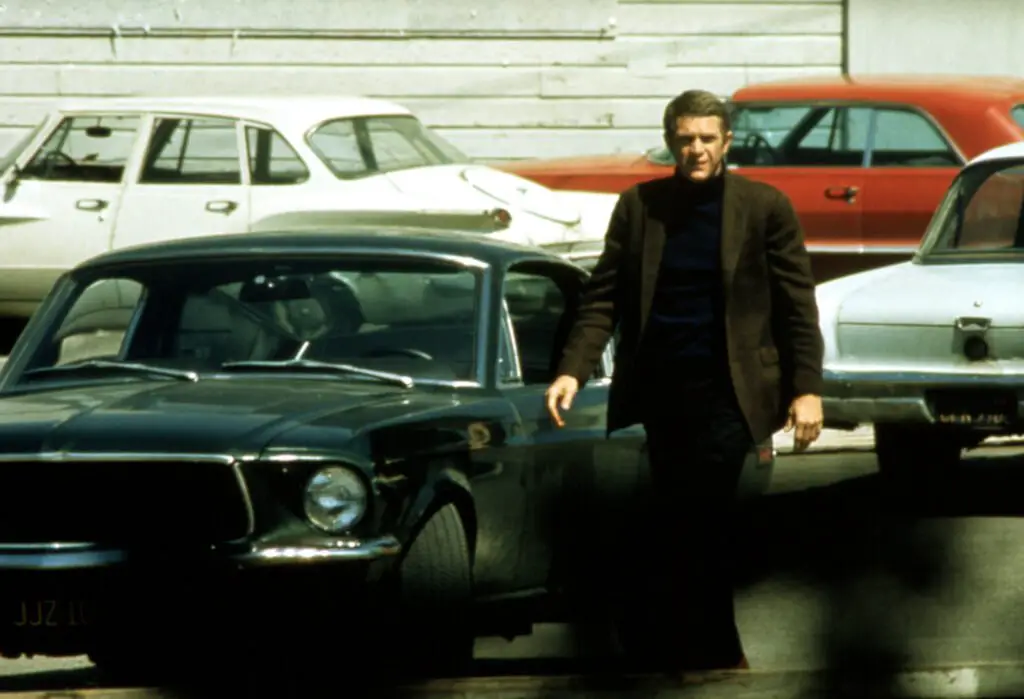
Steve McQueen was a true icon of the ’70s, known for his cool, rebellious persona in films like Bullitt and The Great Escape. He embodied the “anti-hero” persona that became wildly popular during the decade. McQueen’s charisma and stoic demeanor made him one of the biggest stars of the era. His role in Bullitt set a new standard for coolness, and he was beloved for his roles in action-packed dramas.
However, by the late ’70s, McQueen’s career began to spiral. He was diagnosed with mesothelioma in 1979, a form of cancer that led to his slow decline. Despite being at the peak of his career, McQueen was forced to step away from acting as his health deteriorated. His untimely death in 1980 cut short what could have been a long and prosperous career, leaving fans to wonder what could have been.
7. Richard Dreyfuss
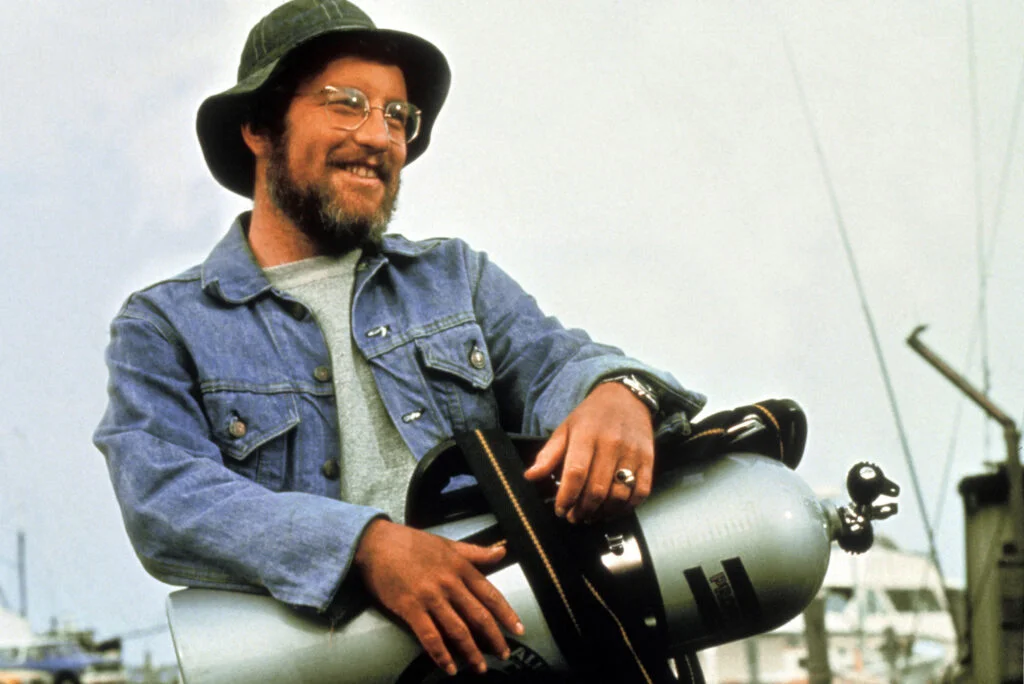
Richard Dreyfuss had a standout career in the ‘70s with performances in American Graffiti and Jaws. His neurotic yet charismatic roles won him critical acclaim, and he quickly became one of Hollywood’s most promising young stars. Dreyfuss’ blend of vulnerability and intensity made him a fan favorite. His role in Jaws cemented him as a leading man of the decade, showcasing his versatility across genres.
But after the ‘70s, Dreyfuss’ career faced several hurdles. His struggles with addiction and personal issues caused a hiatus from mainstream Hollywood films. While he found success again in Mr. Holland’s Opus, it was clear that his career trajectory had shifted from his explosive ’70s start. Despite his struggles, Dreyfuss remains a beloved figure, even if his star never fully returned to its former brilliance.
8. Marsha Mason
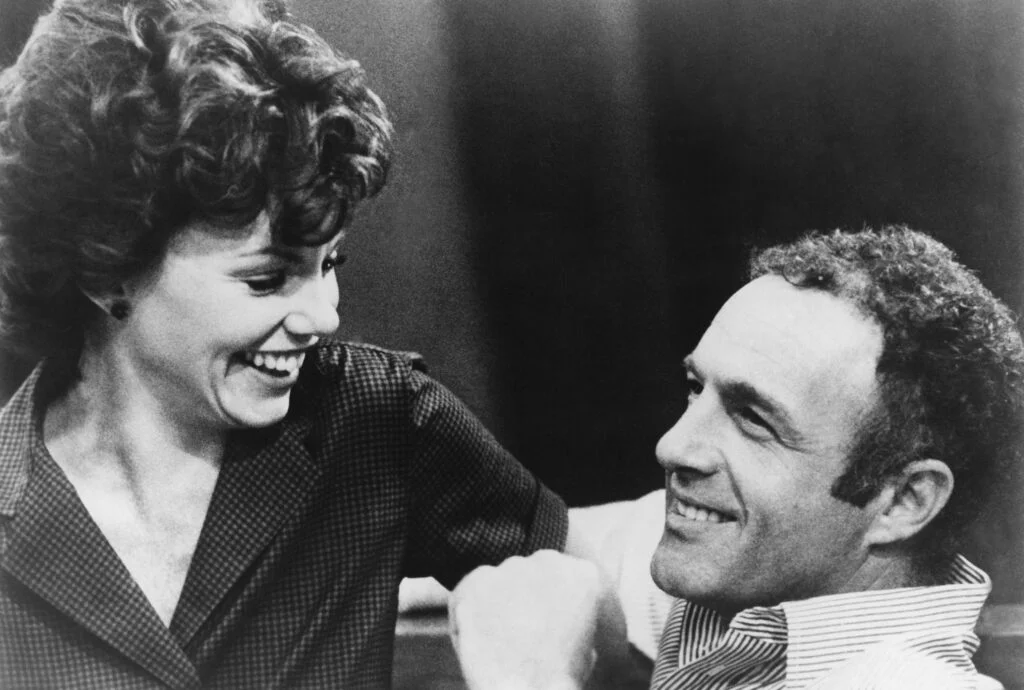
Marsha Mason emerged as one of the most acclaimed actresses of the ‘70s, earning critical acclaim for her roles in The Goodbye Girl and Chapter Two. She won multiple Oscar nominations and quickly became a rising star in Hollywood. Her charm and acting ability made her one of the decade’s most admired actresses. Mason’s success seemed to promise a long and prosperous career in the film industry.
However, as the ‘70s came to a close, Mason’s career began to stall. The roles she once received dried up, and her star began to fade in the ‘80s. Though she continued to work in theater and television, her film career never fully recovered. Fans still remember her as one of the great actresses of the ’70s, but her transition to later years left many questioning why she never achieved greater success.
9. John Travolta
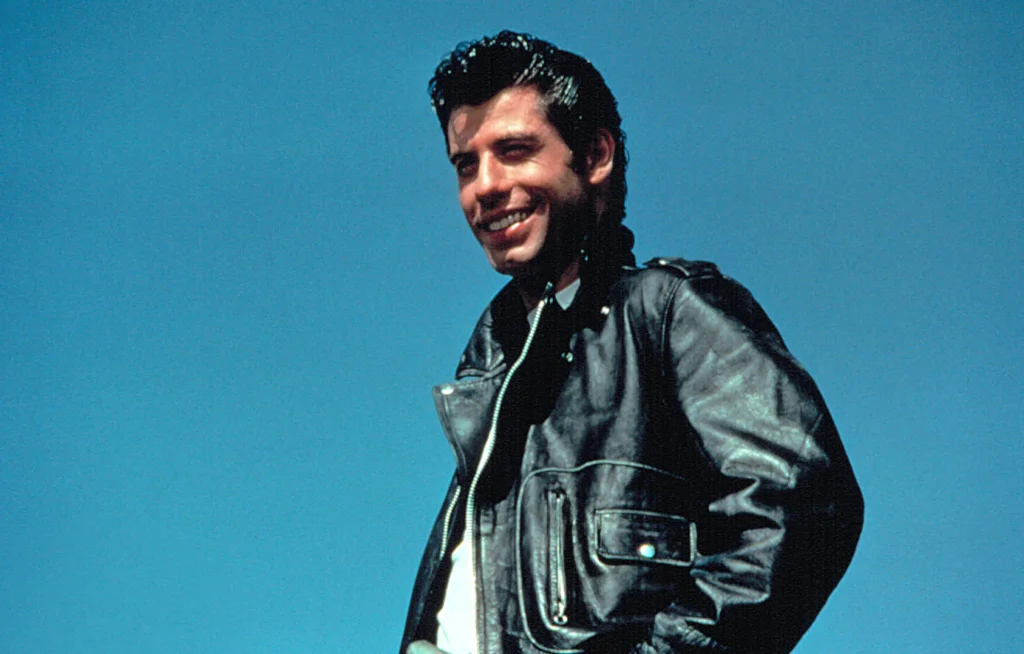
John Travolta skyrocketed to fame in the ‘70s with Saturday Night Fever and Grease. His iconic portrayal of Tony Manero in Saturday Night Fever made him a sensation, capturing the essence of the disco era. Travolta’s boyish charm and dance moves were impossible to ignore, and he became one of Hollywood’s most prominent stars. His role in Grease only added to his already booming career, making him a pop culture icon.
But as the ‘80s rolled around, Travolta’s career began to stall. Despite a string of films, none reached the same success as his earlier work. He struggled to find a steady stream of roles that suited his talents. Though he made a massive comeback with Pulp Fiction in 1994, his ‘70s fame never quite returned. His career has been a series of highs and lows, but he will always be remembered for his monumental rise to stardom in the ‘70s.
10. Faye Dunaway
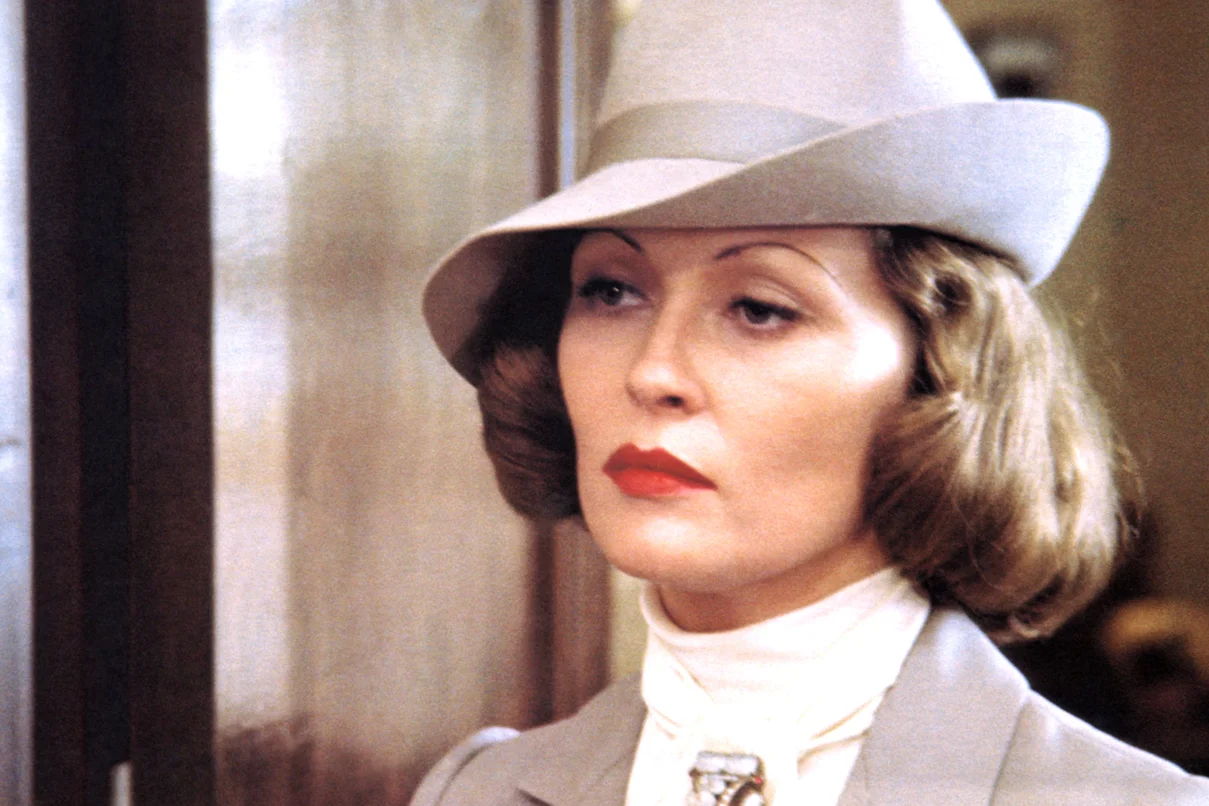
Faye Dunaway was one of the most glamorous and talented actresses of the ‘70s, with iconic performances in films like Chinatown and Network. Her striking beauty and intense acting skills made her one of the biggest stars of the decade. Dunaway was an expert at playing strong, complex female characters, which earned her both critical acclaim and commercial success. She quickly became known as one of Hollywood’s leading ladies.
However, in the years following the ‘70s, Dunaway’s career took a hit. Several of her films in the ‘80s and ‘90s were commercial flops, and her once-stellar reputation began to fade. While she still worked in film, she was no longer the top-tier actress she once was. Despite this, Dunaway remains a fixture in Hollywood history for her remarkable performances during the ‘70s.
11. Jeff Bridges
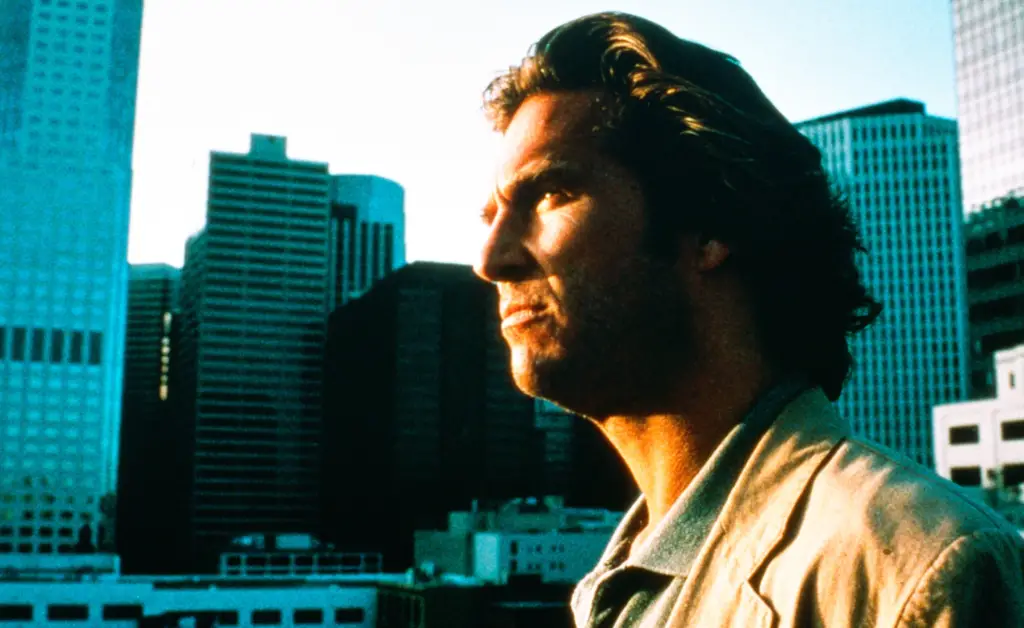
Jeff Bridges was a breakout star in the ‘70s, earning critical acclaim for his roles in The Last Picture Show and Thunderbolt and Lightfoot. His laid-back persona and versatile acting skills made him a favorite among both critics and audiences. Bridges’ star power was undeniable, and he became one of the most exciting young actors of the decade. His smooth, easy-going charm helped him stand out in an era dominated by action heroes and leading men.
Despite his early success, Bridges’ career slowed down after the ‘70s. Though he continued to act in films throughout the ‘80s and ‘90s, his roles were less prominent, and he never quite achieved the same level of fame. Bridges’ unique style and laid-back approach to Hollywood did not always fit into the fast-paced, high-profile projects of the ’80s and beyond. Still, his legacy from the ’70s remains an important part of Hollywood’s history.
12. William Devane
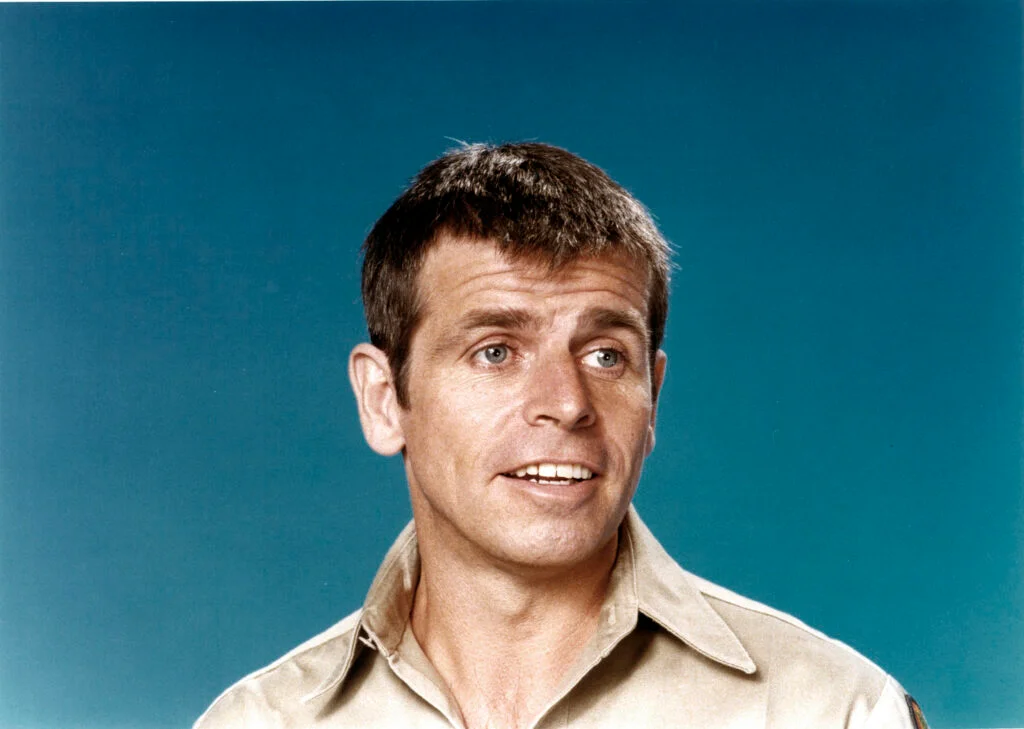
William Devane made a name for himself in the ’70s with standout roles in Family Plot and Rolling Thunder. His intense performances and calm, charismatic demeanor earned him a place in the hearts of moviegoers. Devane’s roles often ranged from tough military officers to cool-headed spies, making him a memorable presence in every film. His natural screen presence gave him the type of roles that made him a star of the era.
However, as the ‘70s came to an end, Devane’s career began to fade. While he continued to act in the ‘80s and ‘90s, his roles became more sporadic, and he was no longer a consistent presence in major films. Despite his talent, Devane’s career never quite hit the same peak it did in the ‘70s. Nonetheless, his contributions to the decade’s cinema continue to resonate with fans today.


